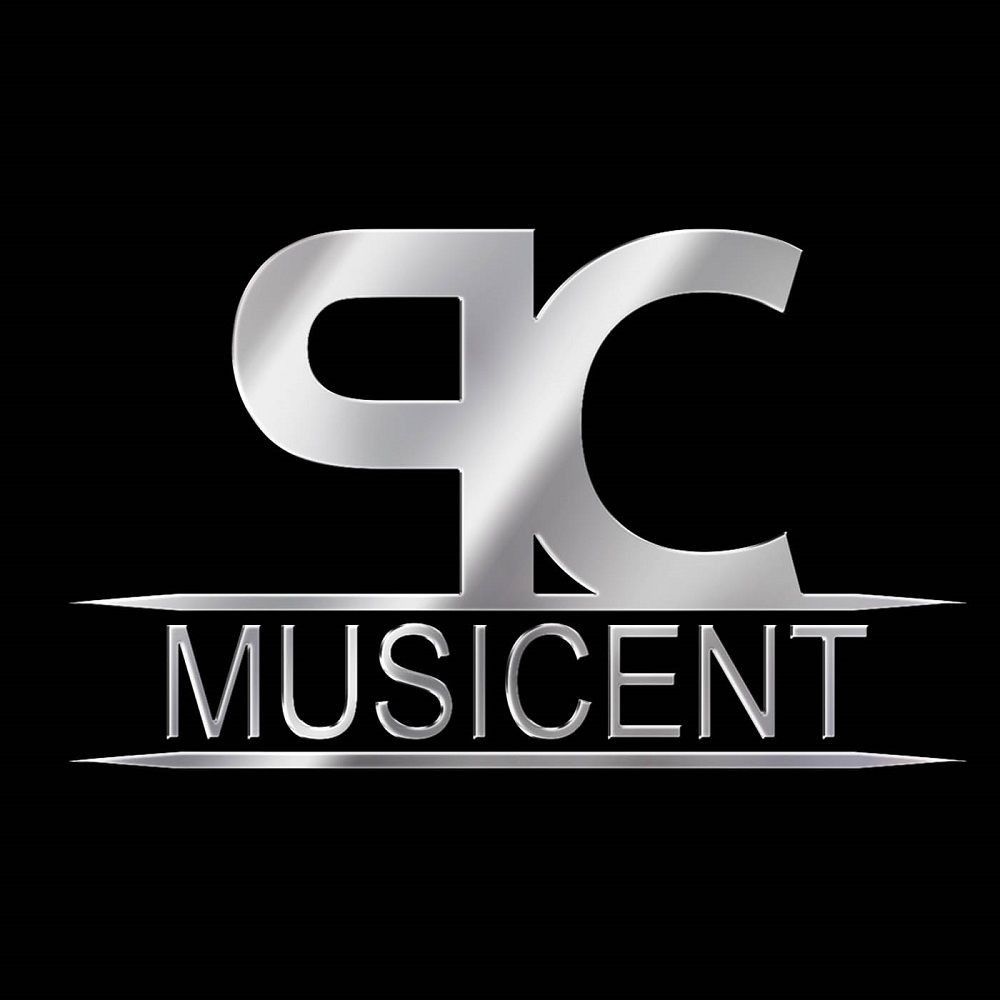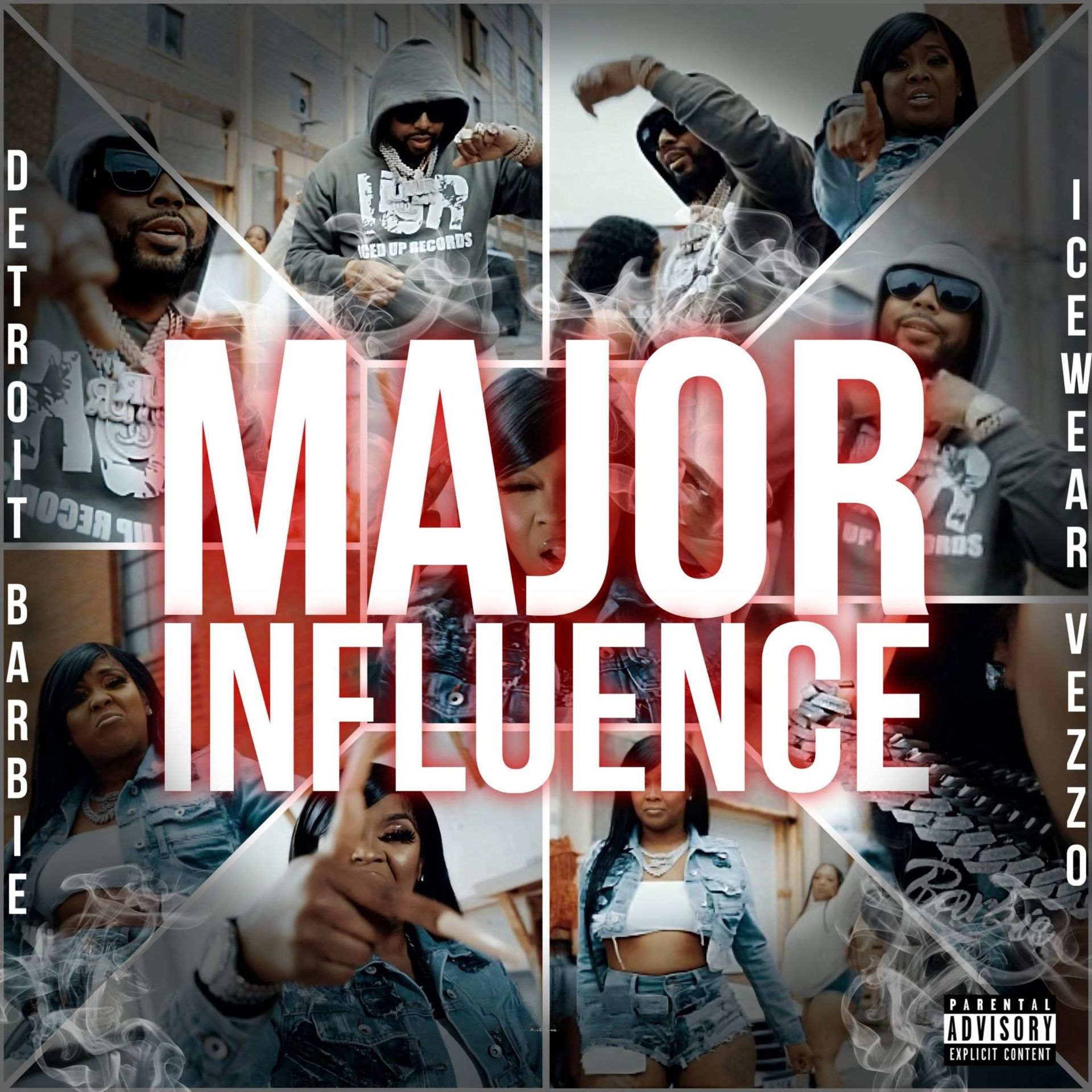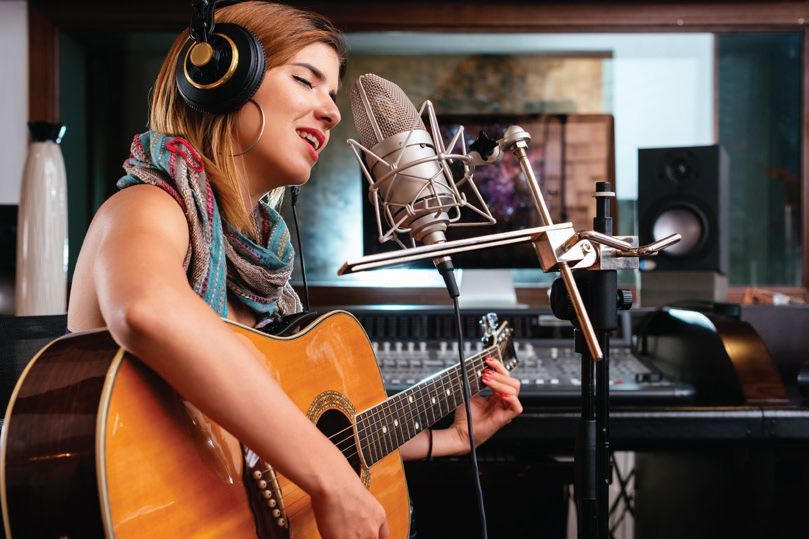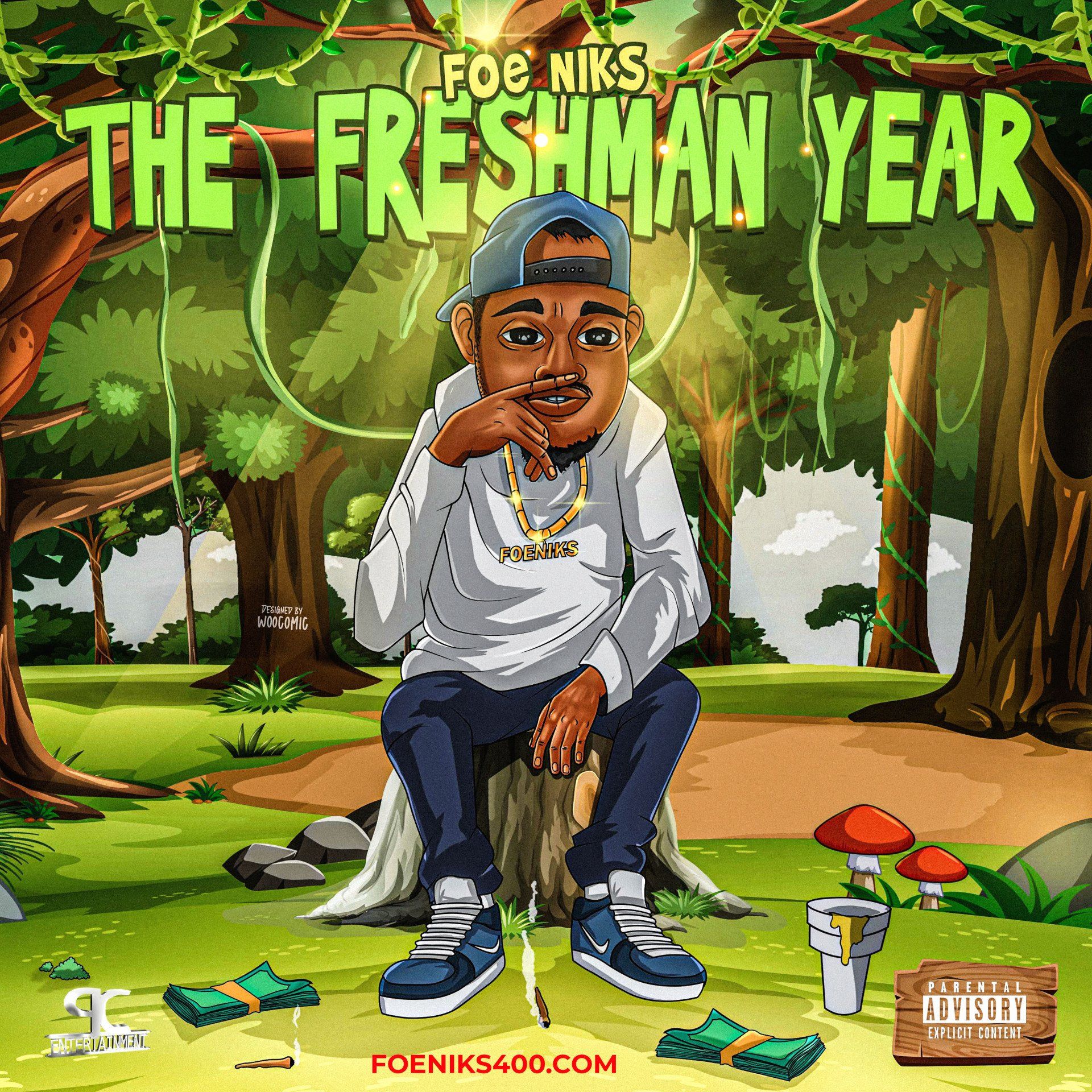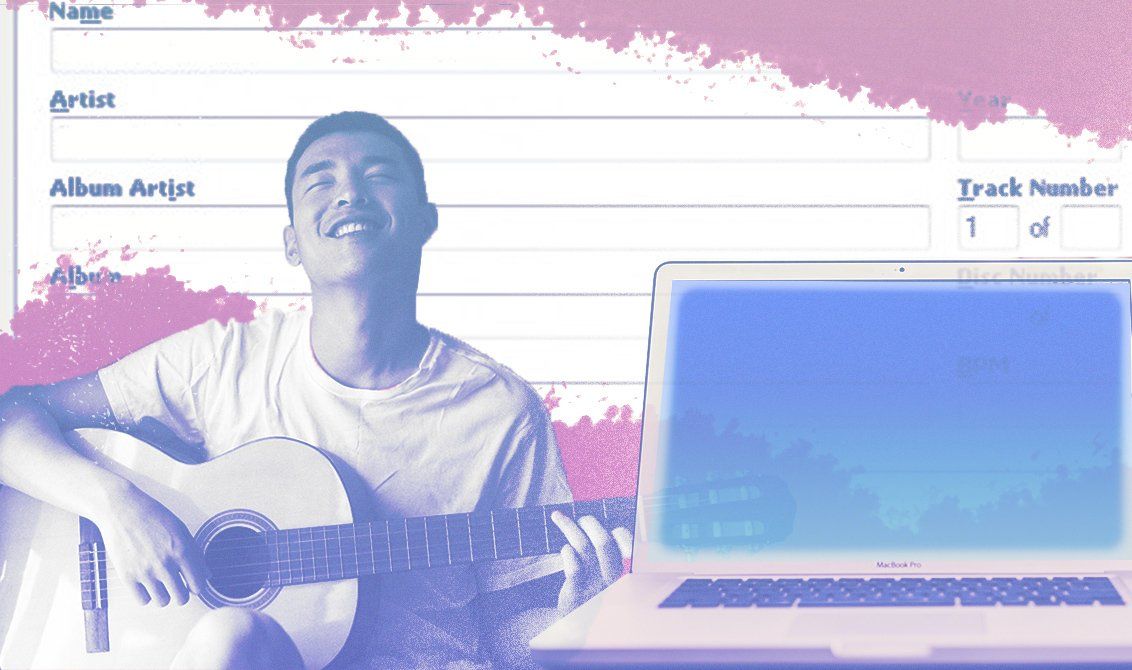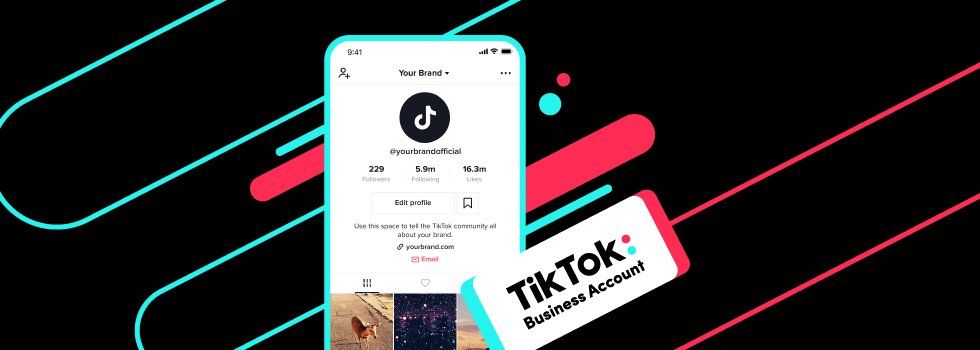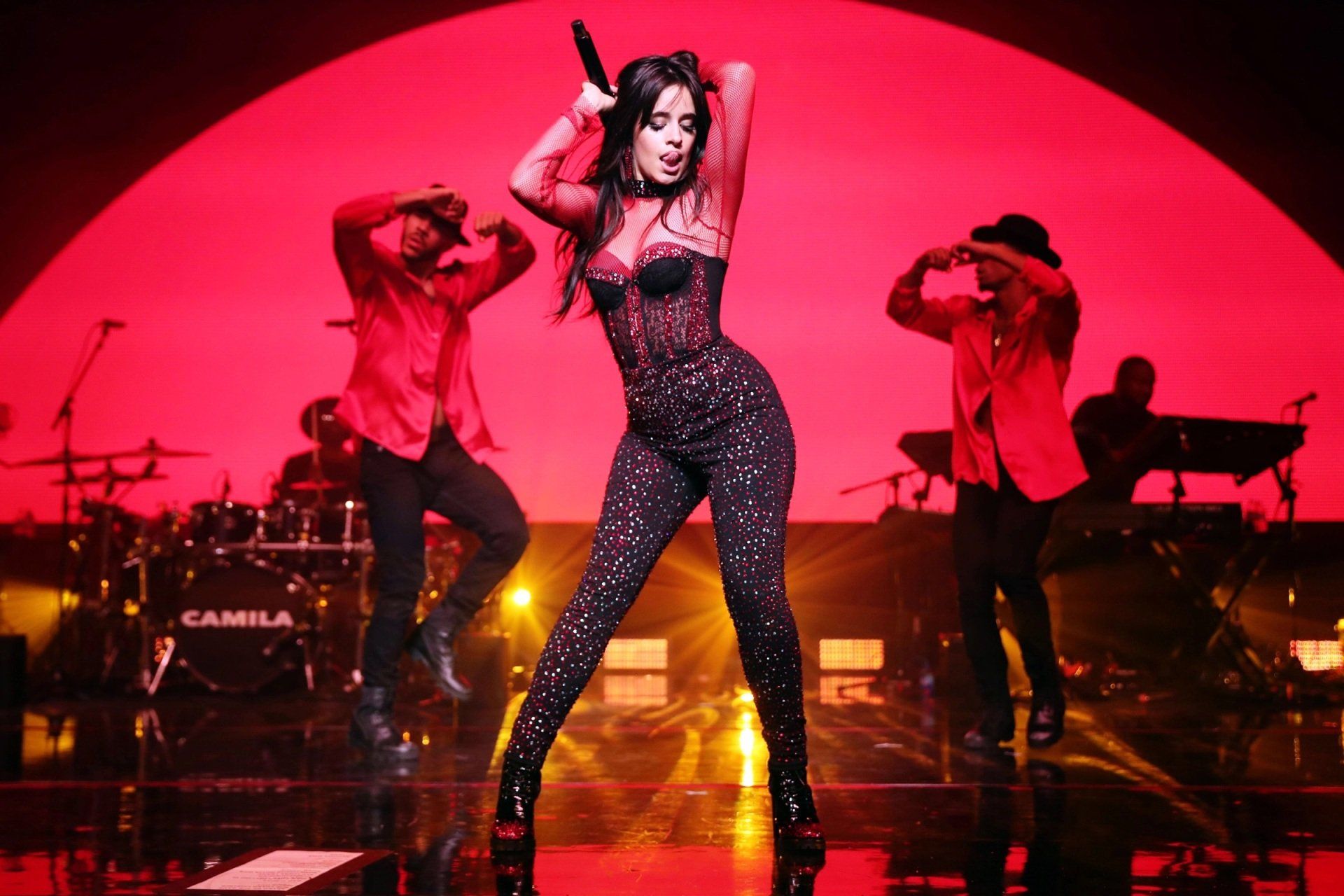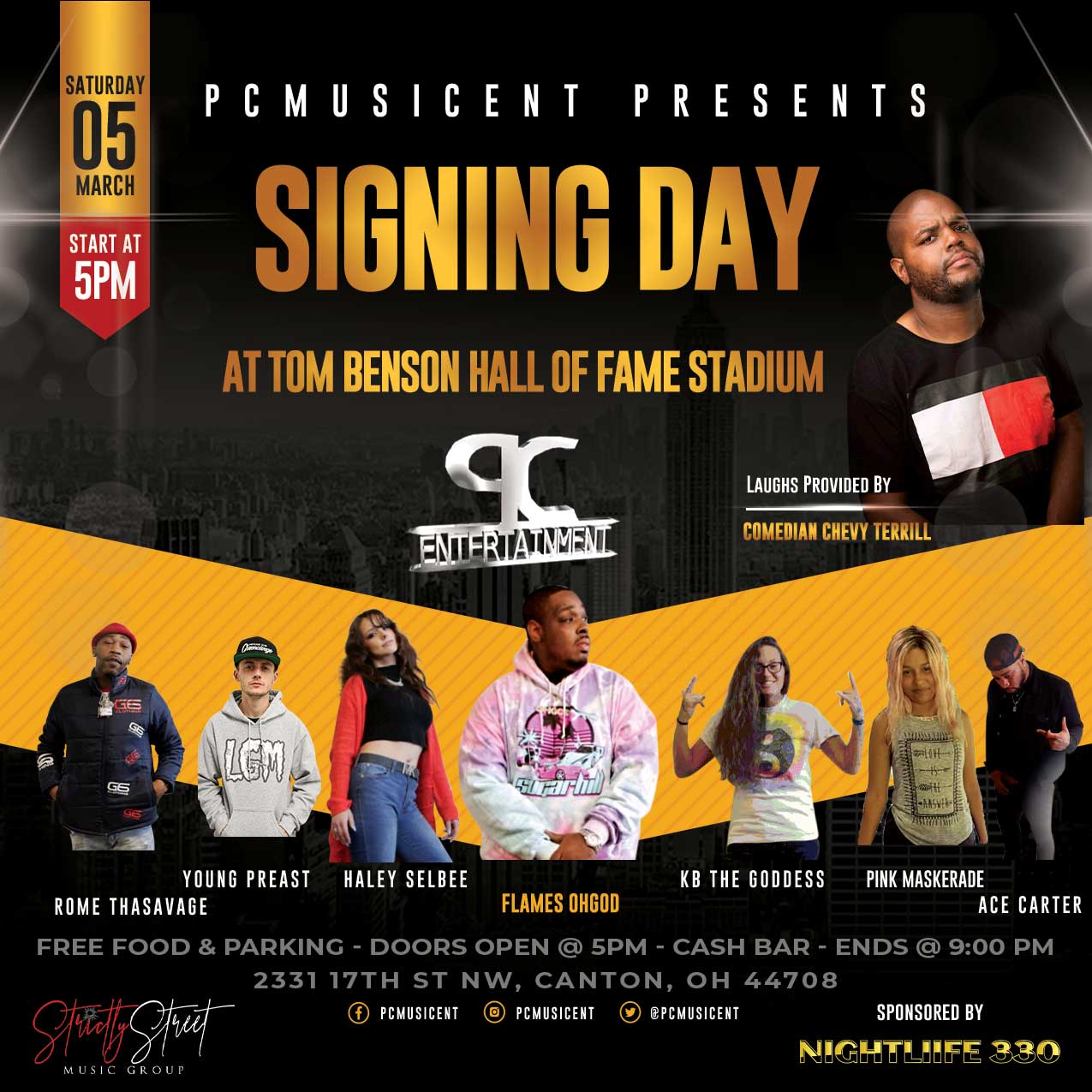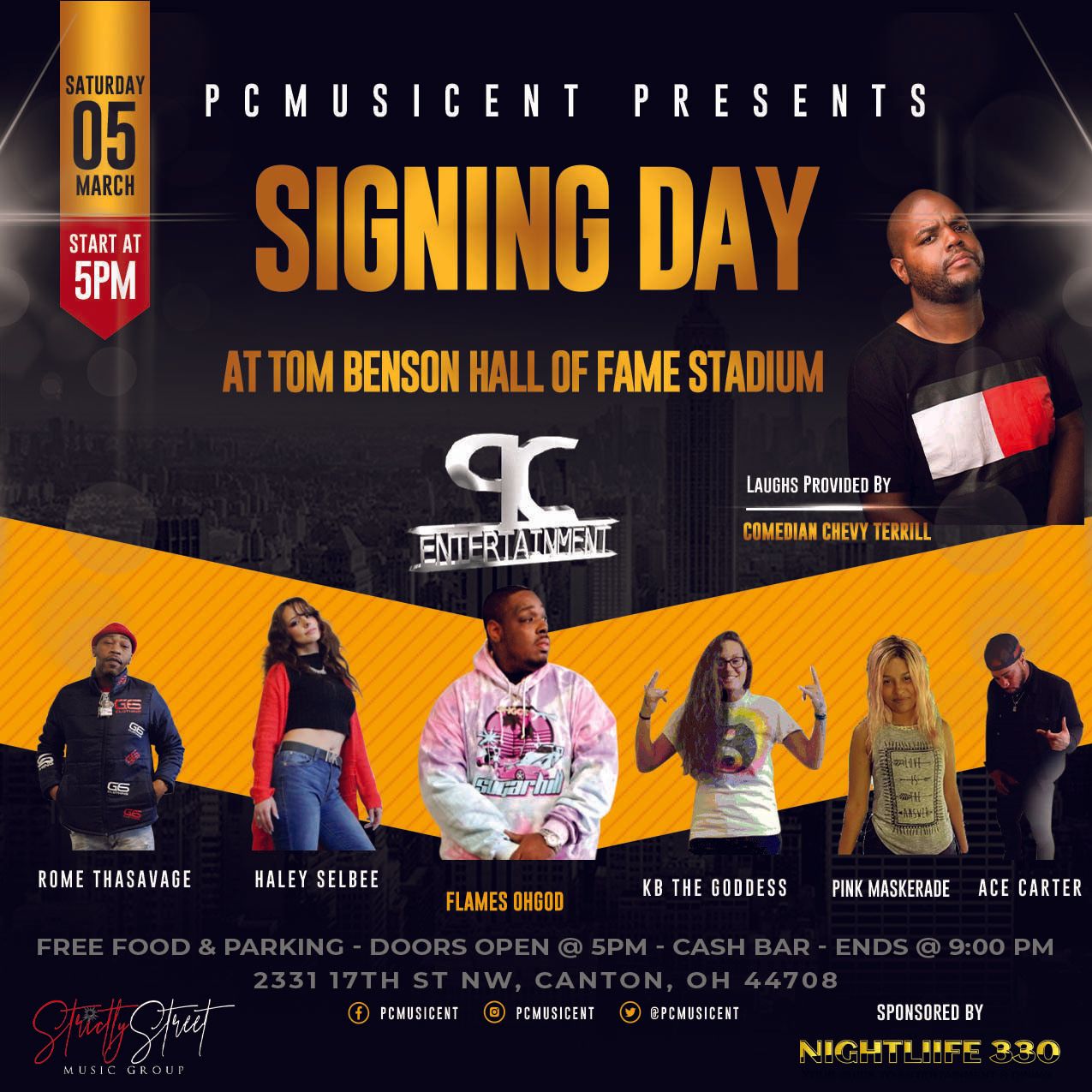If you are not going to be signed by a label, it's worth getting your music copyrighted!
The six exclusive copyrights that drive the entire music business!

| Reproduction | Derivatives | Public Display |
|---|---|---|
| Public Performance | Distribution | Digital Transmission |
First and foremost, Copyright protection is automatic and you are automatically the copyright owner when you create and release your music. However, if you register the copyright to your music, you have additional benefits. First, it is easy to prove ownership and date of release, second, if you want to sue someone for statutory damages and attorney's fees in the U.S., you'll need to have registered your work. Otherwise, you can only sue for actual damages, which can sometimes be hard to quantify. The cost of registration is not much, under $100 per registered work.
Ultimately, it’s a cost vs benefit that only you can determine for the music you are releasing. If you believe there is value in your music, there is value in protecting it with a copyright registration.
The Two Main Types of Copyright-Protected Works
When you record a song, you may be creating two works that are protected by copyright: a musical work and a sound recording. A sound recording and the music, lyrics, words, or other content included in the recording are separate copyright-protected works. These works are subject to different rules and are commonly owned and licensed separately.
- A musical work is a song’s underlying composition along with any accompanying lyrics. Musical works are usually created by a songwriter or composer.
- A sound recording is a series of musical, spoken, or other sounds fixed in a recording medium, such as a CD or digital file, called a “phonorecord.” Sound recordings can be created by the recording’s performer, the producer, or others. Note that there is no public display right for sound recordings and the public performance right is limited to “digital audio transmissions,” for example, digital streaming.
For more information on these different types of work, and the royalty streams associated with them, check out our handout “How Songwriters, Composers, and Performers Get Paid.”
Registering Your Work
Although your work is protected by copyright from the moment it is fixed, you can register your work with the U.S. Copyright Office for additional benefits, including for U.S. works, access to federal courts in the case of infringement. Registering your work also makes a public record of your ownership. Applying for registration with the U.S. Copyright Office requires an application, a filing fee, and a copy of the work. Depending on the type of work, there are several different online application options, including the following:
- Standard Application for registering an individual sound recording or musical work.
- Group Registration of Unpublished Works for registering up to ten unpublished works all by the same author and the author is the claimant.
- Group Registration of Works on an Album of Music for registering up to twenty musical works or twenty sound recordings if the works are created by the same author or have at least one common author, and if the claimant for each work in the group is the same. In the case of an application to register sound recordings, the applicant may also register any associated literary, pictorial, and graphic works in the album, such as cover art, liner notes, and posters.
You can reach out to our help team for assistance determining the best option for you.
In addition to registering your sound recordings and musical works with the Copyright Office, you may want to consider submitting a trademark application for your band name with the U.S. Patent and Trademark Office.
Using Someone Else’s Work
Being inspired by other works is intrinsic to the creative process. Musicians often use other works to create new compositions, public performances, and recordings. It’s important not to assume that you can freely use other works. Here are some important copyright principles to keep in mind.
Generally, to use the sound recordings or musical works of another artist, you must:
- Use a work that is already in the public domain.
- Get permission from the copyright holder directly, or license the work according to the terms set by the licensing contract.
- Rely on a statutory limitation or exception, such as fair use or the section 115 license for musical works.
For more information, reference our handout “Sampling, Interpolations, Beat Stores and More: An Introduction for Musicians Using Preexisting Music.”
Remember:
- There’s no hard and fast minimum amount of music you can use without getting permission when you need it.
- When you plan to use someone else’s work, for example when recording a cover song, always compare all of your intended uses with the rights of the other work's rightsholder and make sure you are lawfully engaging in each use.
- Trying and failing to contact the rights holder is not a substitution for permission. Copyright owners often have representatives in charge of licensing their works and certain types of uses of their works. This might be, for example, a music publisher or performing rights organization.
If Your Work Is Used Unlawfully
It is your right to pursue legal action if your work is used unlawfully, without your permission and not under a statutory exception or limitation like fair use. However, if your work is a U.S. work, you do need to register your work with the Copyright Office before bringing an infringement lawsuit in federal court. Also, if you take someone to court for using your work without your permission, and you want to try to have your attorneys’ fees covered or pursue certain other types of compensation (called statutory damages), the timing of your registration matters. See Circular 1 for more on that.
Generally, copyright lawsuits are decided in federal court. You may also choose the Copyright Claims Board (CCB), a voluntary forum within the Copyright Office to resolve copyright disputes involving damages totaling less than $30,000. It is intended to be a cost-effective and streamlined alternative to federal court. To use the CCB, you also must have filed an application to register your copyright. You can read more about the CCB here.
The Music Modernization Act
Musicians should also be aware of the Music Modernization Act. Starting on January 1, 2021, the MMA updated the way musical work rightsholders are paid royalties, including when their work is played online via interactive streaming services. To get paid by digital music providers that use the MMA’s blanket license, you will need to register your information with the Mechanical Licensing Collective (The MLC) via their online claiming portal. If you have a publisher or administrator, they should register for you. Please note, this is not a replacement for copyright registration. To ensure that you are due a royalty for non-digital uses of your musical works, such as for pressing vinyl records or CDs, you must be identified in the registration or other public records of the Copyright Office. You can read more about the MMA here.
Latest News

